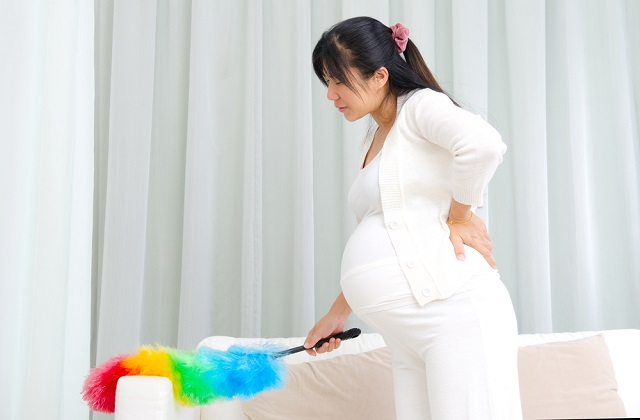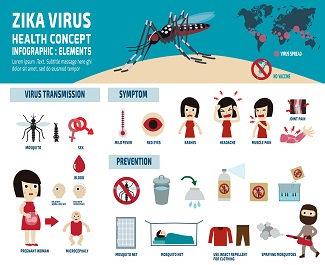Swelling or edema is very common during pregnancy it normally appears in the feet and ankle. It affects about 80% of pregnant women, starting at around week 20 of pregnancy and it will only go away after childbirth.
Causes of edema or swelling during pregnancy
During pregnancy, expectant mother's body fluid increases by about 50% in order to nurture both the mother and the baby. The extra fluid helps to soften the body which enables it to expand as the size of the baby becomes bigger and bigger. This extra fluid also helps to prepare pregnant women’s body for birth delivery.
As the body retains and accumulates the fluid, swelling then occurs. Swelling in feet and ankle occurs more often due to the pull of gravitational force.
Law of gravity also causes the degree of swelling to vary from time to time. You will notice more swelling in the evening than in the morning.
When the environment has a warmer temperature, you could also see more swelling.
- Other factors that may affect edema include
- Standing for long period of time
- Excessive activity
- A diet that is low in potassium
- A high level of caffeine consumption
- High level of salt intake
Alleviate and Prevent Edema During Pregnancy
Mild swelling is normal and harmless during pregnancy. You can do the following to relieve or prevent this discomfort.
- Avoid standing or sitting for too long.
Try to keep your legs elevated when you are in your chair.
Wear comfortable shoes and avoid tight stockings. Tight stocking will slow the flow of the blood and fluid and cause swelling. - Reduce intake of salt.
You may want to cut the amount of salt in your diet. Too much salt in the diet will worsen the water retention and hence contribute to edema during pregnancy. - Lie on your left side can also help to prevent edema. In this position, the major vein that drains the legs is less pressurized and this can help to reduce water retention and therefore swelling.
- Try to eat more food that is rich in potassium. Potassium has been found to reduce swelling during pregnancy. One good source of potassium is banana.
- Drink more water. Although water is also a fluid, it does help to reduce swelling if you drink more water.
Other tips that can help you to prevent edema include:
- Minimize outdoor activity when it is hot.
- Rest with your feet elevated.
- Wear comfortable shoes, avoiding high heels.
- Wear supportive tights or stockings.
- Avoid clothes that are tight around your wrists or ankles.
- Rest or swim in a pool.
- Use cold compresses on swollen areas.
When should I visit the doctor for edema?
A certain amount of swelling is normal in the ankles and feet during pregnancy. You should call or visit the doctor promptly in following situations:
(a) There is swelling in your face or puffiness around your eyes.
(b) More than slight swelling in your hands, or excessive or sudden swelling of your feet or ankles. This could be a sign of a serious condition.
(c) When your weight increases too fast and there is swelling in your feet when you wake up in the morning.
(d) More swelling in one leg than the other which is accompanied by pain. This can be a sign of a possible blood clot.
(e) Swelling that is accompanied by a headache that will not go away, along with vision changes such as blurriness or sensitivity to light, these can be signs of preeclampsia (pregnancy-specific high blood pressure)
(f) Swelling accompanied by chest pains or difficulty breathing. This could indicate a possible heart trouble.
Subscribe to receive newsletter on pregnancy and parenting in Singapore.


